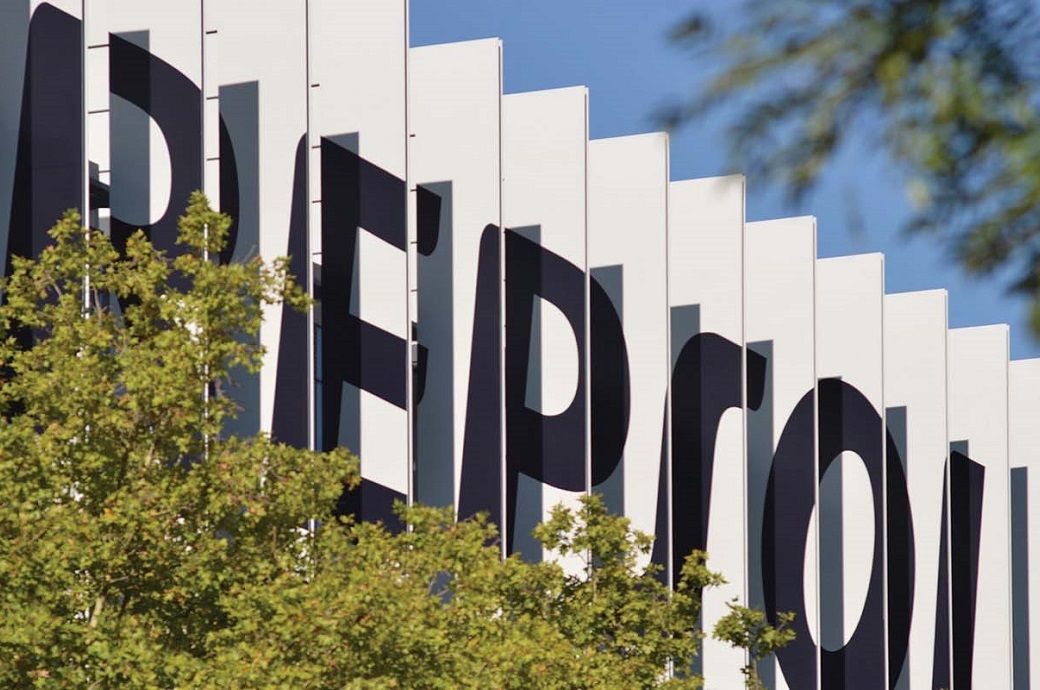
Repsol is entering the biomethane market with an agreement to take a 40% shareholding in Genia Bioenergy. This alliance allows Repsol to add significant human and technical capabilities to position itself early in this growing sector.
Biomethane is considered strategic by the European Union - which has set itself an ambition to increase its production eightfold by 2030 compared to that recorded in 2022 - in its RePower EU program. The Spanish Gas Association (Sedigas) estimates that biomethane could account for almost half of Spain's natural gas consumption.
The agreement between Repsol and Genia Bioenergy includes 19 of its biomethane plants, which are under development. In addition, there are 11 other projects in an early stage of development. Repsol will purchase all the gas produced by these projects, which will also form a unique platform for creating agro-industrial ecosystems capable of boosting local economies and offering solutions for the valorization of their waste.
Genia Bioenergy is the only Spanish company that integrates the entire biogas and biomethane value chain, from the development of technologies and solutions to the engineering, construction and biological technical operation of the projects, applying technologies and innovation for the creation of new value models that allow the integration of all the players in the production chain and waste management for the production of renewable gases and resources in the long term.
Biomethane is a renewable alternative to natural gas that originates from organic matter, such as agricultural and livestock waste. In addition to its use as a substitute for conventional gas, it has other industrial applications, such as the production of renewable fuels and green hydrogen or the manufacture of chemical products, reducing greenhouse gases (GHG).
The emerging biomethane industry in Spain and Portugal contributes to solving the problem that organic waste currently represents for administrations, since it takes advantage of waste that would otherwise generate emissions into the atmosphere as it degrades in landfills. It also represents an opportunity to generate economic activity in rural areas.
For Repsol's executive managing director of Industrial Transformation and Circular Economy, Juan Abascal, "this agreement is an important step forward in our strategy to take advantage of material that would otherwise be waste and transform it into fuels for the home, industry and mobility. Genia Bioenergy's experience, talent and assets will allow us to position ourselves as an integrated player in the entire biomethane value chain".
According to Gabriel Butler, CEO of Genia Bioenergy: "The development of biomethane plants advances Spain's goal of decarbonization of the economy, reduces its energy dependence on foreign countries and provides a sustainable response to European guidelines on waste management. It also means the creation of qualified jobs and the boosting of economic ecosystems around waste, especially in rural environments."
Repsol's circular economy and industrial transformation strategy
The alliance with Genia Bioenergy is part of Repsol's 2024-2027 strategy, which includes the transformation of its industrial complexes into multi-energy hubs capable of manufacturing products with a low carbon footprint. This strategy includes significant milestones such as the start-up in Cartagena of the first plant on the Iberian Peninsula dedicated exclusively to the production of renewable fuels, with a capacity of 250,000 tons per year. This facility will be joined by a similar one in Puertollano which, when it comes into operation in 2025, will produce 200,000 tons per year.
As an example of this progressive industrial transformation, in 2023 the company became the first in the Iberian Peninsula to offer its customers 100% renewable fuel, after starting to supply diesel of this type at service stations in Spain and Portugal, which will be available at 600 of them by the end of 2024.
In the area of plastics recycling, Repsol became in 2022 a shareholder of Acteco, a company focused on the integrated management and recovery of waste.
Repsol also applies its core competencies and global reach to the development of other low-carbon opportunities such as CO2 capture and storage or renewable hydrogen storage as energy transition tools capable of generating value in a market with considerable growth potential. Last October, for example, the company started up its first electrolyzer at the Petronor industrial center (Muskiz, Biscay).
Another pillar of the company's energy transition is renewable electricity generation: in less than five years Repsol has commissioned 2,800MW of renewable energies and has built a 60GW project portfolio of wind and photovoltaic facilities in Spain, Portugal, Italy, the United States and Chile.
Repsol was in 2019 the first company in its sector to commit to becoming carbon neutral by 2050 in line with the Paris Agreement.
Fibre2Fashion News Desk (HU)